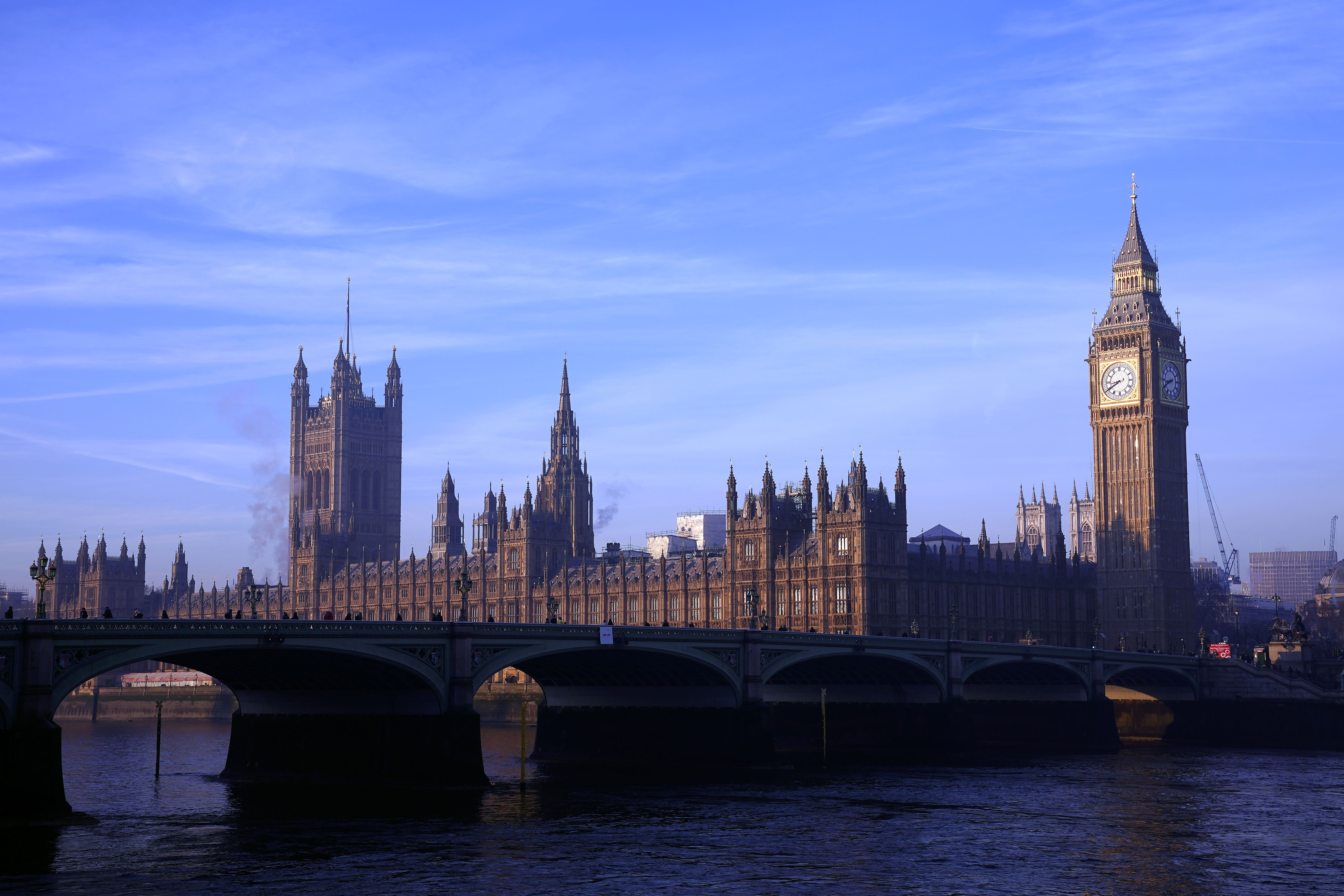Decision on Parliament restoration delayed again
MPs and peers want more time to explore the costs of an ‘enhanced maintenance’ option for repairing the Palace of Westminster.

Your support helps us to tell the story
From reproductive rights to climate change to Big Tech, The Independent is on the ground when the story is developing. Whether it's investigating the financials of Elon Musk's pro-Trump PAC or producing our latest documentary, 'The A Word', which shines a light on the American women fighting for reproductive rights, we know how important it is to parse out the facts from the messaging.
At such a critical moment in US history, we need reporters on the ground. Your donation allows us to keep sending journalists to speak to both sides of the story.
The Independent is trusted by Americans across the entire political spectrum. And unlike many other quality news outlets, we choose not to lock Americans out of our reporting and analysis with paywalls. We believe quality journalism should be available to everyone, paid for by those who can afford it.
Your support makes all the difference.The final decision on restoring the Palace of Westminster should be put off until after the general election, the committee overseeing the project has said.
MPs will now not be presented with options for repairing the crumbling 19th century palace until 2025, to allow more time for the cost of a rolling maintenance programme to be explored.
In a report published on Tuesday, the Restoration and Renewal Client Board – a committee composed mainly of MPs and peers – said the further delay to a decision will “enable us to arrive at a detailed, robust and fully-costed plan for the works which commands the confidence of both Houses, and the public, as swiftly as possible”.
But trade unions criticised the decision, saying “we cannot afford to wait until 2025” for a final decision and warning a “catastrophe” could occur in the meantime.
We cannot wait for catastrophe to occur
The debate over how to restore the Houses of Parliament has been running for decades, while concern has mounted about the condition of the buildings, including the threat of fire and asbestos.
In a speech in January last year, Commons Leader Penny Mordaunt said she wanted a full schedule of works to be produced in 2023, but Tuesday’s report recommended delaying the decision further.
It said detailed cost estimates for a programme of “enhanced maintenance and improvement” have not yet been produced, and the delay will allow MPs and peers to make “a meaningful comparison” between the available options.
The enhanced maintenance option is likely to be the most expensive option and take the longest time, with work being done largely without either House having to leave the palace.
Tuesday’s report suggested such an option could take around two decades or more to complete.
The other options include a “full decant”, which would see both the Commons and the Lords move to other venues in Westminster, and a “continued presence” option which would see the Lords alone move out.
The “full decant” option would see the Commons return to the palace after around eight years, with the Lords returning around three years later, while the “continued presence” option would see peers absent from the palace for up to 17 years.
All options are expected to cost billions of pounds, with estimates ranging from £7 billion to £22 billion.
The FDA union, which represents senior managers in the public sector, warned against choosing the “enhanced maintenance” option and urged a “full decant”.
The union’s national officer for Parliament, Jawad Raza, said: “We cannot afford to wait until 2025 to deliver a final decision on the restoration and renewal of the parliamentary estate.
“We have known what options are available for years. What we needed from the strategic case was firm proposals, including costings and timetables.
“No more time can be wasted investigating the ‘enhanced maintenance’ option, which would take several generations of parliamentarians to complete and is merely a short-term and unsustainable patching-up exercise. This already costs the taxpayer £3 million per week.”
Mr Raza said the full decant is the “safest, quickest, and most cost-effective way to make Parliament safe” while the other options fail to address safety concerns, adding: “We cannot wait for catastrophe to occur.”